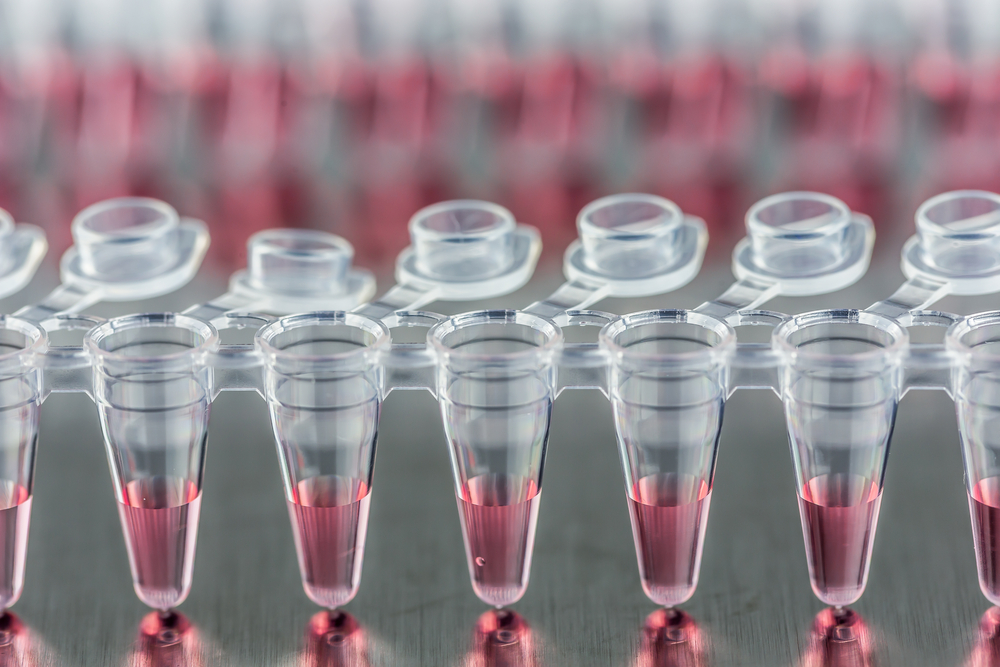Target ALS Selects Biorepository for Human Stem Cell Lines

Target ALS Foundation, focused on finding new treatments for amyotrophic lateral sclerosis (ALS), has selected RUCDR Infinite Biologics as the biorepository for banking and distributing the foundation’s human stem cell lines to be used in industry and research.
The privately funded non-profit institution, funds consortia-based collaborative projects that aim to decrease obstacles for academia and industry to develop ALS drug treatments.
“This is the first initiative of its kind to assist ALS researchers in academia and industry by providing stem cells lines for their use while permitting them to retain the data and intellectual property generated by their work,” Dr. Manish Raisinghani, president of the Target ALS Foundation, said in a press release.
More than 50 academic researchers and two dozen companies are using the foundation’s stem cells – a number that should increase exponentially in time. Currently, Target ALS has 10 stem lines in its repository. Through collaboration with RUCDR, the number is expected to grow and include genetically modified stem cell lines.
The National Institute of Neurological Disorders and Stroke (NINDS) Human Cell and Data Repository (NHCDR), led by RUCDR and operated under a grant, has added the Target ALS stem cell bank to its online catalog.
RUCDR Infinite Biologics, located on Rutgers University Busch Campus in Piscataway, New Jersey, is the primary genomics resource for research funded by National Institute of Mental Health. It offers a complete selection of biological sample processing, analysis and biorepository services to academic institutions, biotechnology and pharmaceutical companies, foundations and government agencies. The institution provides DNA, RNA and cell lines with clinical data, to laboratories for research in diverse disease areas, such as mental health, development disorders, development disorders, drug and alcohol abuse, diabetes, digestive, liver and kidney diseases.






